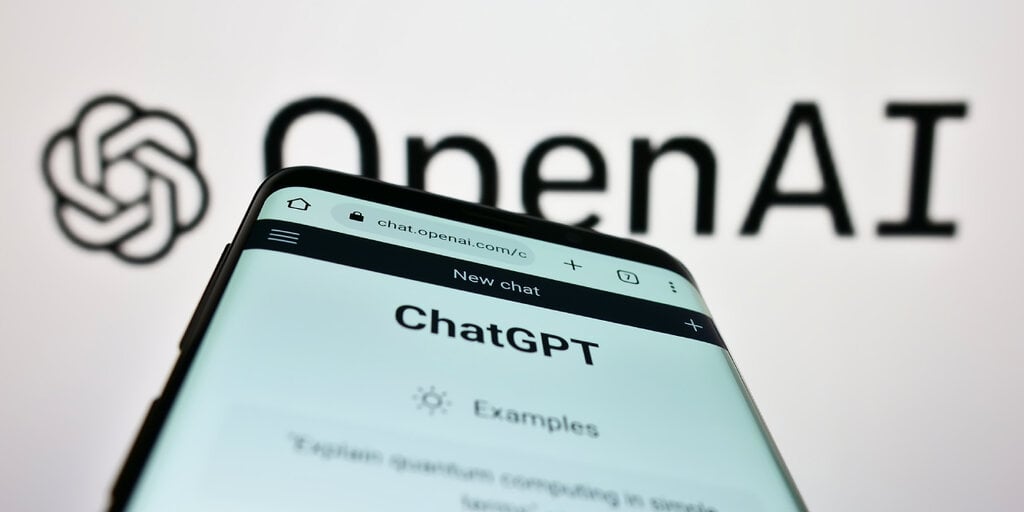Artificial intelligence firm OpenAI has launched Deep Research, a new AI-powered agent within ChatGPT that independently conducts in-depth web research, analyzes data, and compiles reports—completing tasks that would take humans hours or even days.
The tool, available now for Pro users, is designed for professionals in finance, science, policy, and engineering, as well as anyone looking for “thorough, precise, and reliable research,” according to OpenAI’s Feb. 2 announcement.
The release comes at a time of growing competition in AI research, with China-based DeepSeek flipping the script on AI economics, claiming it can match ChatGPT’s intelligence without the heavyweight price tag.
OpenAI CEO Sam Altman hyped the tool on Twitter, calling it “like a superpower; experts on demand!”
Altman shared a personal use case where Deep Research helped him find a rare NSX car in Japan after he had nearly given up searching manually.
Users can access Deep Research by selecting it in ChatGPT’s message composer, inputting a query, and attaching files or spreadsheets for additional context.
The AI then analyzes hundreds of sources over five to 30 minutes, displaying a sidebar tracking its research process before delivering a fully cited report.
Despite its advanced capabilities, Deep Research isn’t without its quirks.
OpenAI concedes that the model “can sometimes hallucinate facts or make incorrect inferences” and struggles with differentiating authoritative sources from misinformation.
Currently, Pro users can access 100 queries per month, with Plus and Team users expected to get access next, followed by Enterprise customers.
OpenAI is reportedly working on a faster, more cost-effective version to increase query limits for paid users.
To bolster its case, OpenAI pointed to Deep Research’s performance on Humanity’s Last Exam, an AI benchmark testing expert-level knowledge across 100+ fields.
Deep Research’s o3 model scored 26.6% accuracy, far surpassing DeepSeek-R-1’s 9.4% and even OpenAI’s GPT-4o, which managed only 3.3%.
The timing of OpenAI’s launch is no coincidence— last December, Google rolled out its own “Deep Research” feature for its Gemini AI model for Gemini Advanced users.
The AI giants are now locked in a battle to define the future of AI-driven, autonomous knowledge discovery—a far cry from the chatbot era that started it all.
Generally Intelligent Newsletter
A weekly AI journey narrated by Gen, a generative AI model.
















